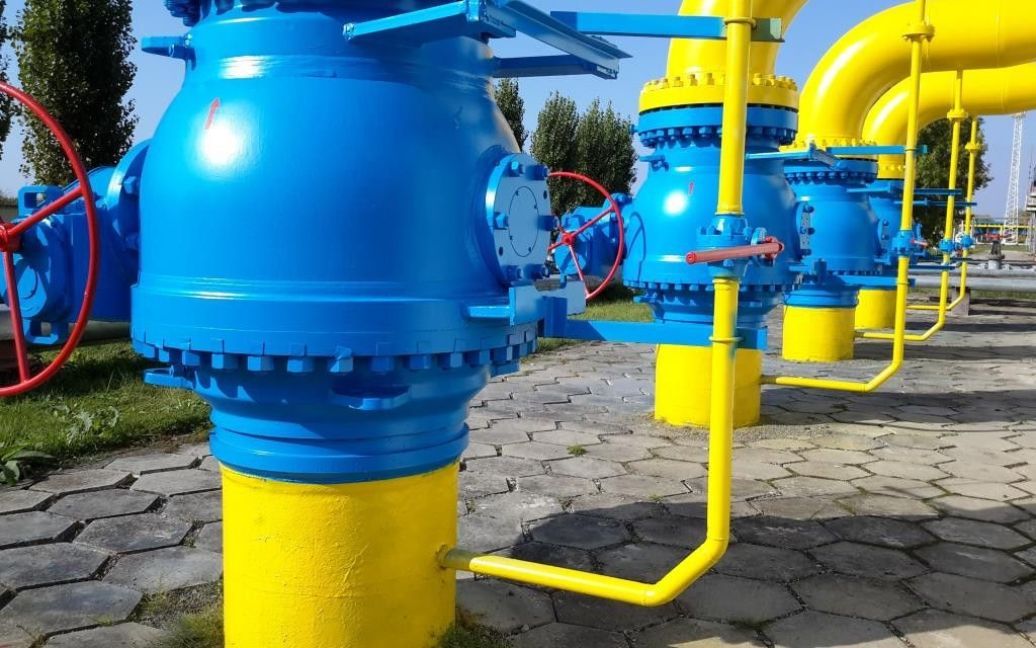
Bloomberg publication notes that the future of gas transit through Ukraine is at a turning point.
This was reported by URA-Inform with reference to Bloomberg.
Ukraine is facing pressure from Slovakian Prime Minister Robert Fico and several Central European companies to continue gas supplies from Ukraine's eastern border with Russia to the European Union after a transit deal expired on December 31.
Three years after Russia's full-scale invasion, Bratislava and Budapest remain dependent on cheap gas from Russia's Gazprom, weakening EU efforts to reduce dependence on Russian energy.
The escalation of tensions comes as no surprise to diplomats familiar with the talks. Previous disputes over gas transit between Russia and Ukraine have led to reduced flows and last-minute deals. This week, Ukrainian President Volodymyr Zelensky accused Fico of “shady deals” with Vladimir Putin. In response, the Slovak leader threatened to cut off electricity supplies to Ukraine.
Zelensky has been adamant that he will not allow Russian gas, which supports the Kremlin's war machine, to transit Ukraine once the deal is finalized. He is considering transporting gas from other countries, but that option remains open.
A key factor in the decision remains the security of Ukraine's gas transmission system, one of the largest in the world. It has remained intact for the past three years thanks to the transit of Russian gas. If transit ceases, the system could become a target for attacks, as gas storage facilities and energy infrastructure have in the past. This would also create technical difficulties, jeopardizing the heating of homes in winter.
Recall that earlier it was reported that Fico gave an ultimatum to Ukraine: what did he threaten Kyiv with?
